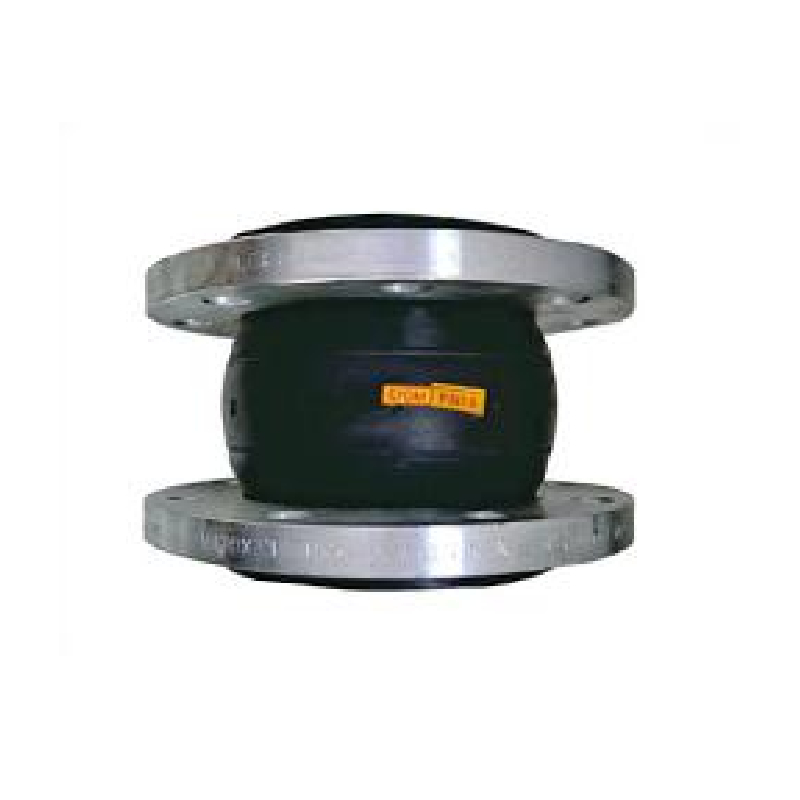Novemba . 26, 2024 06:29 Back to list
actuated valve
Understanding Actuated Valves A Comprehensive Overview
Actuated valves play a pivotal role in various industrial processes, acting as vital components for controlling the flow of liquids and gases in pipelines. These automated devices enhance operational efficiency, safety, and process control in a wide range of applications, from water treatment to chemical processing, oil and gas exploration, and manufacturing.
What is an Actuated Valve?
An actuated valve combines a standard valve body with an actuator. The actuator is the mechanism that physically moves the valve to open, close, or adjust its position, thereby managing the flow of substances through the valve. Actuators can be pneumatic (air-driven), electric, or hydraulic, enabling operators to automate processes without requiring manual intervention. This automation significantly improves the reliability and precision of fluid control in challenging environments.
Types of Actuators
1. Pneumatic Actuators Using compressed air to create motion, pneumatic actuators are favored for their speed and reliability. They can quickly open or close valves, making them suitable for processes that require rapid response times. However, their dependence on air supply can be a limitation in certain applications.
2. Electric Actuators These actuators utilize electrical energy to drive the valve. They offer a high degree of control, including the capability for precise positioning and programmable settings. Electric actuators are particularly useful in environments where compressed air is unavailable or where precise control is paramount.
3. Hydraulic Actuators Utilizing fluid power, hydraulic actuators are ideal for applications that require substantial force, such as large valves or those handling high-pressure conditions. They are commonly used in industries like oil and gas, where robust systems are vital for safety and performance.
Applications of Actuated Valves
Actuated valves are prevalent across numerous sectors, including
- Water and Wastewater Treatment In these facilities, actuated valves regulate the flow of water through various treatment stages, ensuring efficient processing and compliance with environmental standards.
- Chemical Processing Valves in chemical plants manage the flow of potentially hazardous materials, where precise control is crucial for safety and efficiency. Actuated valves help minimize the risk of leaks and spills.
- Oil and Gas In the oil and gas industry, actuated valves control the extraction, refining, and distribution of petroleum products
. Their ability to function under high-pressure and extreme temperatures makes them indispensable in this field.actuated valve

- Manufacturing Many manufacturing processes depend on precise fluid control to enhance product quality. Actuated valves automate repetitive tasks, reducing labor costs and increasing overall productivity.
Advantages of Actuated Valves
The integration of actuators with valves focuses on enhancing operational efficiency and safety. Some key advantages include
- Automation Actuated valves allow processes to be automated, resulting in reduced labor costs and the minimization of human error.
- Precise Control Automated systems can achieve precise adjustments, ensuring that flow rates remain constant and that processes operate within defined parameters.
- Enhanced Safety Actuated valves can respond more rapidly to operational changes and emergencies, potentially preventing accidents and mitigating risks in hazardous environments.
- Remote Operation With the capability to integrate into control systems, actuated valves can be operated remotely, allowing for monitoring and adjustments from a safe distance.
Challenges and Considerations
While actuated valves provide numerous benefits, several challenges must be addressed. Factors such as actuator compatibility with the valve type, environmental conditions, and the potential for mechanical failure (due to wear or external factors) must be carefully considered during design and implementation.
Additionally, proper maintenance is critical. Regular inspections and servicing are necessary to ensure that actuators function correctly and that valves operate without obstruction. This proactive approach helps extend the lifespan of the equipment and maintain high operational standards.
Conclusion
Actuated valves are essential components in modern industrial processes, offering automation, precision control, and enhanced safety. As technology advances, the capabilities of these systems continue to evolve, promising to further improve efficiency and reliability across various applications. Understanding the functionality and benefits of actuated valves is crucial for industries seeking to optimize their fluid management systems and achieve their operational goals. Whether in water treatment plants, chemical processing facilities, or manufacturing environments, actuated valves will remain integral to effective process control for years to come.
Share
-
Reliable Wafer Type Butterfly Valves for Every IndustryNewsJul.25,2025
-
Reliable Flow Control Begins with the Right Ball Check ValveNewsJul.25,2025
-
Precision Flow Control Starts with Quality ValvesNewsJul.25,2025
-
Industrial Flow Control ReliabilityNewsJul.25,2025
-
Engineered for Efficiency Gate Valves That Power Industrial PerformanceNewsJul.25,2025
-
Empowering Infrastructure Through Quality ManufacturingNewsJul.25,2025